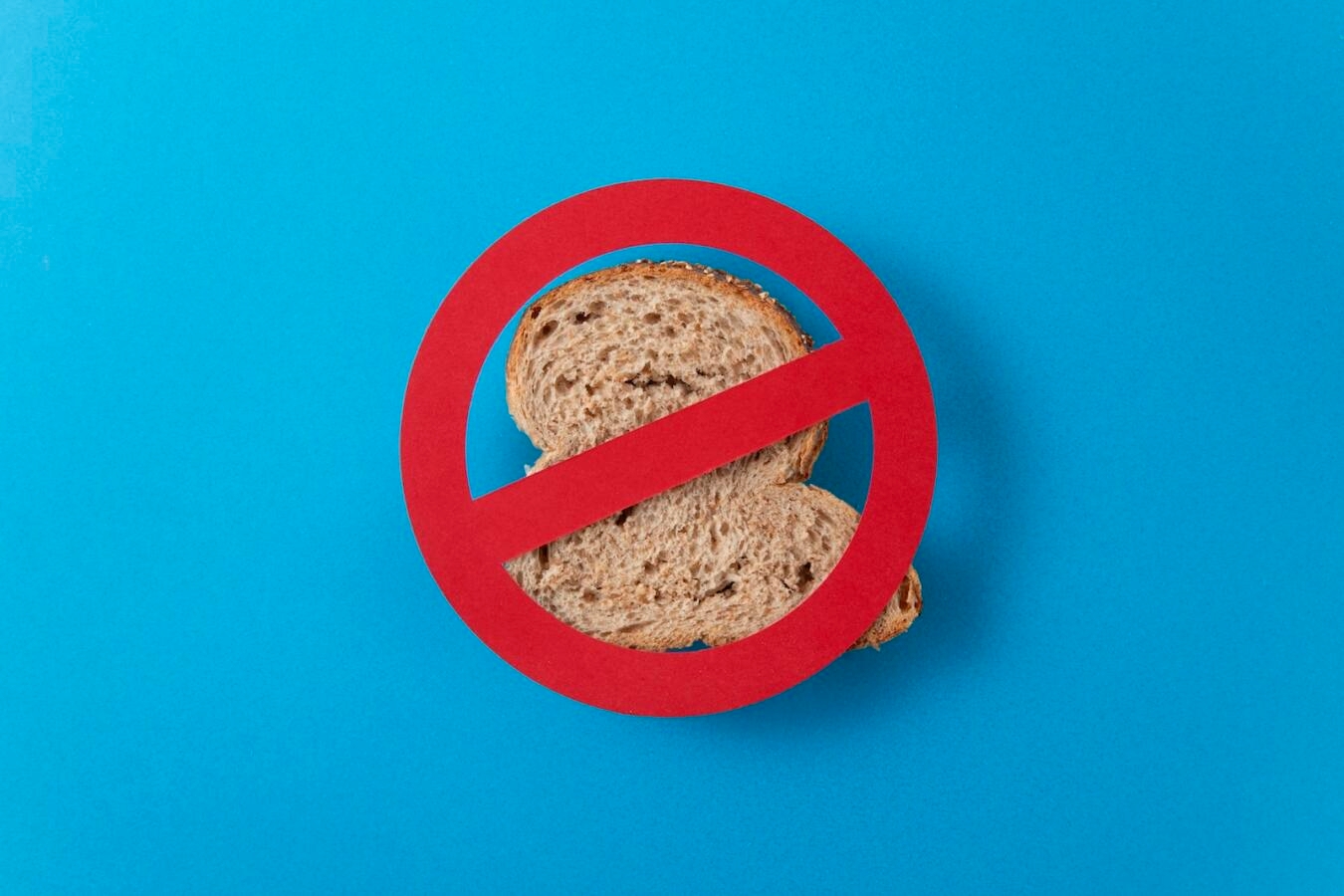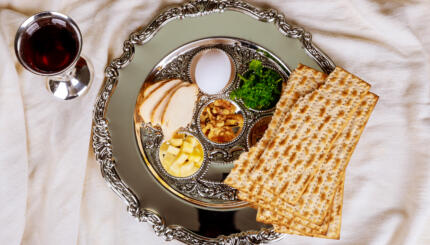The rules for keeping kosher for Passover center around the avoidance of hametz, defined as the fermented products of five grains: wheat, rye, spelt, barley and oats. Jews who observe Passover dietary rules strictly not only abstain from eating these products, they won’t own them or benefit from them.
A large body of additional rules derive from these general ones. Many Ashkenazi Jews will additionally abstain from kitniyot, a category of foods that includes corn, rice, beans and lentils. A small minority of Jews will avoid “gebrochts” — matzah products that become wet, such as matzah balls or matzah meal. But for a general guide to the rules of keeping kosher on Passover, read on.
Don’t Eat Bread (or Millet, Barley and More)
The core dietary rule on Passover is not to eat bread. But in reality, the kosher rules of Passover prohibit the fermented products of five grains: wheat, rye, spelt, barley and oats. Because fermentation can technically begin almost from the moment these grains come in contact with water, common practice is not to eat them at all over the holiday unless they have been made into matzah, which is baked using a procedure that ensures no fermentation.
In addition, many Jews avoid processed food that is not explicitly labeled kosher for Passover because even products that are not hametz, like cheese or juice, may have been processed in a plant alongside products containing hametz. Products certified kosher for Passover become available in many groceries in the weeks leading up to Passover or can be ordered online.
With your help, My Jewish Learning can provide endless opportunities for learning, connection and discovery.
Finally, there are a number of products that, while not technically hametz, are still avoided on Passover by some Ashkenazi Jews for complex historical reasons. Foremost among these are kitniyot, a category often described as legumes, but which actually contains foods that are not legumes, like rice and corn. Sephardic Jews do not avoid kitniyot on Passover.
Get Rid of Your Hametz
Besides not eating hametz, observant Jews will not possess it either. So in the days leading up to the holiday, an extensive cleaning process begins — not only in the kitchen, but anywhere traces of hametz may be found (like in the couch cushions or the pages of a book). Any hametz that is not found in this process is ritually declared ownerless on the eve of Passover.
Additionally, many Jews will retain certain hametz products in the home over the holiday that would be too expensive or onerous to dispose of, like pricey liquors made from fermented grains. To deal with this issue, those items are typically stowed away somewhere they won’t be seen over the holiday and then sold to a non-Jewish person for the duration of Passover. In most communities, rabbis perform this task on behalf of the community at large, though it is possible to sell your hametz privately.
Change Your Kitchen
Many Jews will also undertake the elaborate process of making their kitchens kosher for Passover. This can involve pouring boiling water on all kitchen surfaces or (depending on the material) covering them for the duration of the holiday. The Orthodox Union provides a free guide to this process here. Some also switch all their cooking equipment, flatware and dishware for the holiday, using disposable alternatives or special sets reserved solely for use on Passover.



